This post is also available in: Danish
If Denmark wants to establish itself as a key player in space technology, more entrepreneurs must see the potential in developing technologies for space. That’s why the Danish Industry Foundation has taken a big step in that direction by investing DKK 7 million in promoting Danish space startups. The ambition is clear: Denmark must be at the forefront when it comes to translating advances in space technology into innovative companies, according to a press release.
As part of this effort, the Danish Industry Foundation has partnered with Aarhus University, the University of Southern Denmark and the IT University of Copenhagen to accelerate the development of space entrepreneurship in Denmark. The goal is to create a dynamic ecosystem where new entrepreneurs can take advantage of the opportunities offered by space technology and turn them into commercial success stories.
Will create 400 new entrepreneurs
At the heart of the project is the so-called DISCO program (Danish Student Cubesat Program), which serves as an open platform for students, entrepreneurs and companies. Here they collaborate to build and launch cubesats – small satellites that perform missions in space. This platform provides both hands-on experience and the opportunity to test new technologies in a real space scenario.
Read more: I went to Aarhus Townhall. Here’s what I learned about the city ecosystem – TechSavvy
“Entrepreneurs are good at combining technical expertise with commercial understanding to create products and services that solve challenges both in space and on Earth. Our role at universities is to educate and develop the next generation of space technology entrepreneurs. Our students get access to the latest research and technology so that more people can think creatively and turn ideas into solutions in a sector that is experiencing significant growth in recent years,” says Lone Ryg Olsen, Business Director at Aarhus University, which together with the University of Southern Denmark and the IT University of Copenhagen is the driving force behind the Danish DISCO project.
With the new funding, DISCO will increase its output of space entrepreneurs. The ambition is that over 400 students will make the leap from participating in the project to becoming entrepreneurs. At the same time, companies will have access to unique testing opportunities where they can try out new products and technologies in the extreme conditions of space.
Europe’s best entrepreneurial environment
The project, which will now receive a financial boost of over DKK 7 million, has already distinguished itself by focusing on the development of satellite technology at universities. The new grant will now seek to strengthen this effort and focus on supporting entrepreneurs working with space technology.
Read also: Diversity as a driving force: AI entrepreneur helps women find a foothold in tech – TechSavvy
“We must make the Danish entrepreneurial environment in space technology the best in Europe. In this way, we ensure that we here in Denmark form a new generation of entrepreneurs who use space as a springboard for innovation and business development,” says Charlotte Kjeldsen Krarup, Development Director at the Danish Industry Foundation, about the background for the new grant.
With the increased grant, the DISCO project will be anchored at The Kitchen, Aarhus University’s startup hub, where the focus is on supporting student entrepreneurship through targeted programs and growth courses.


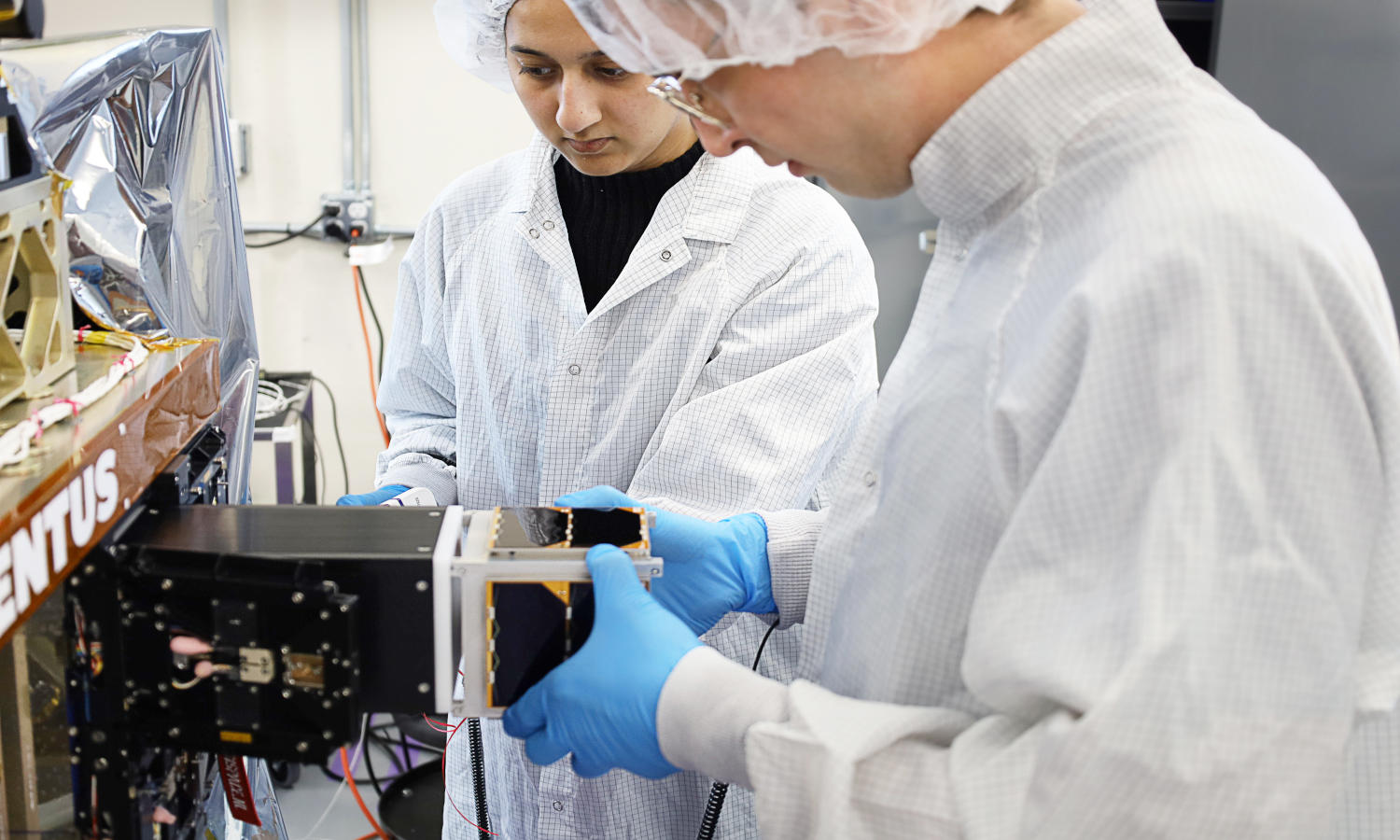

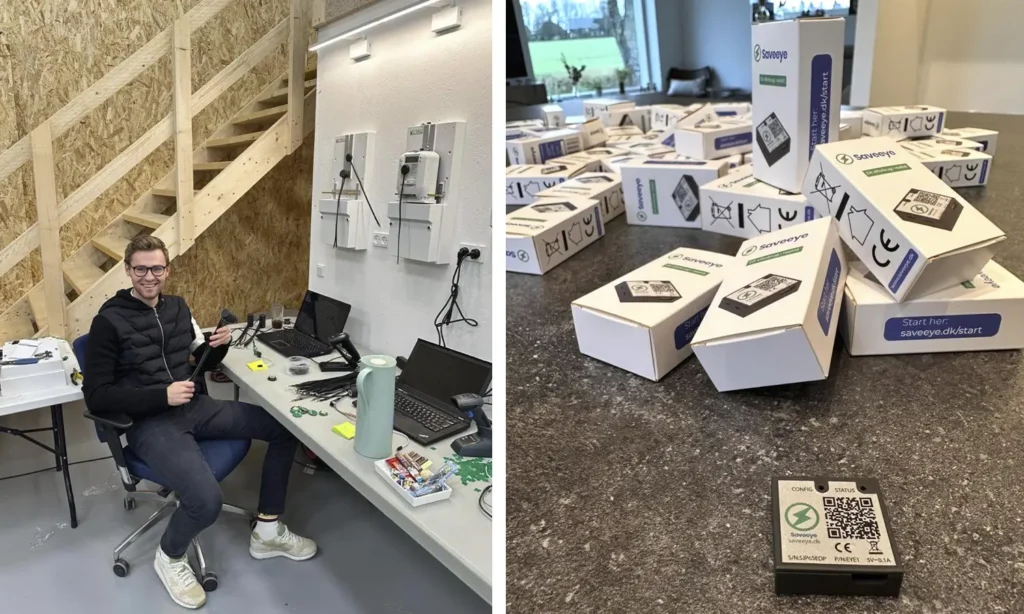
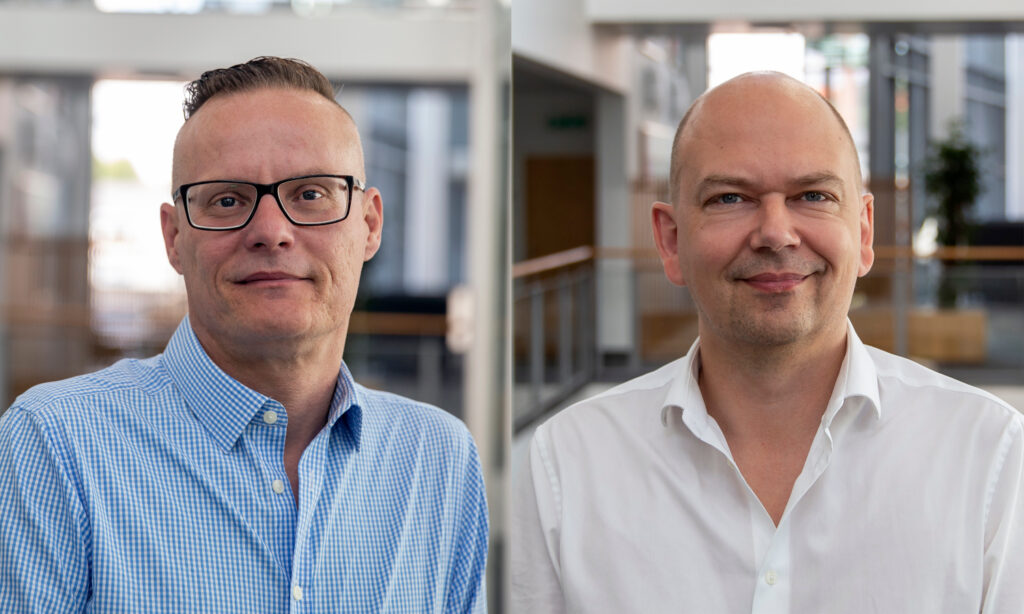


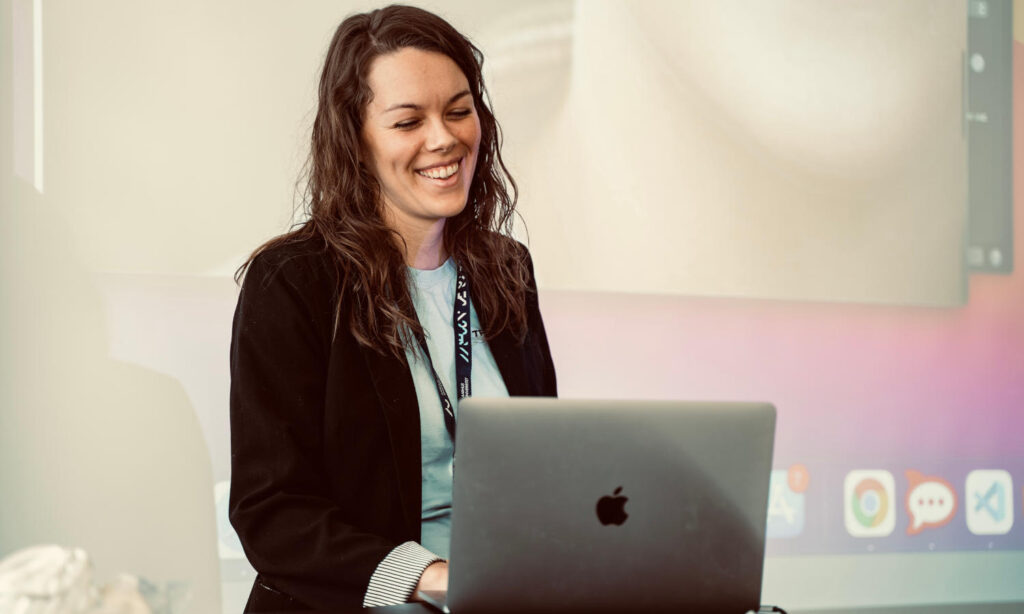



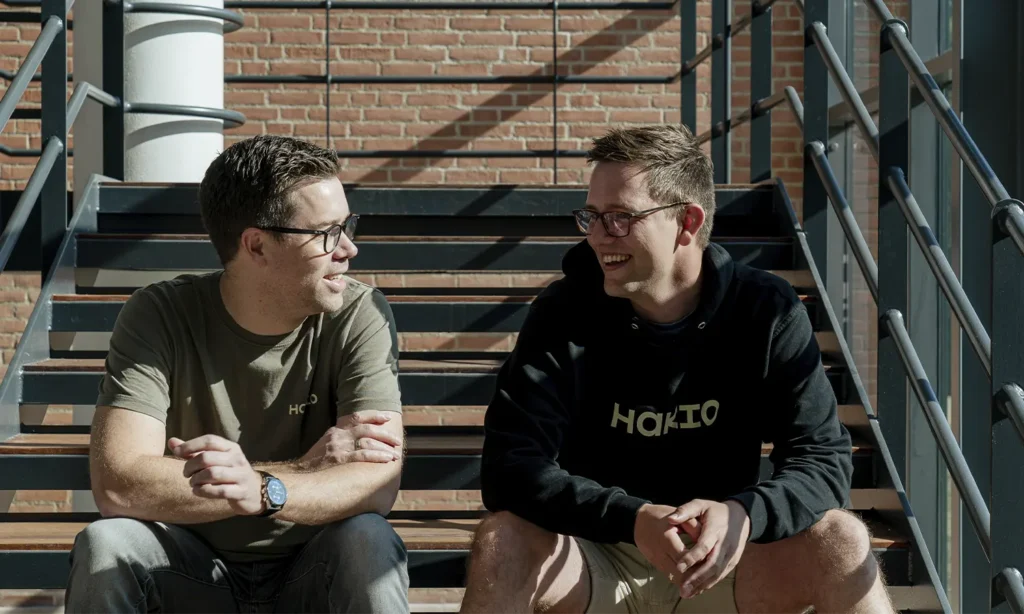
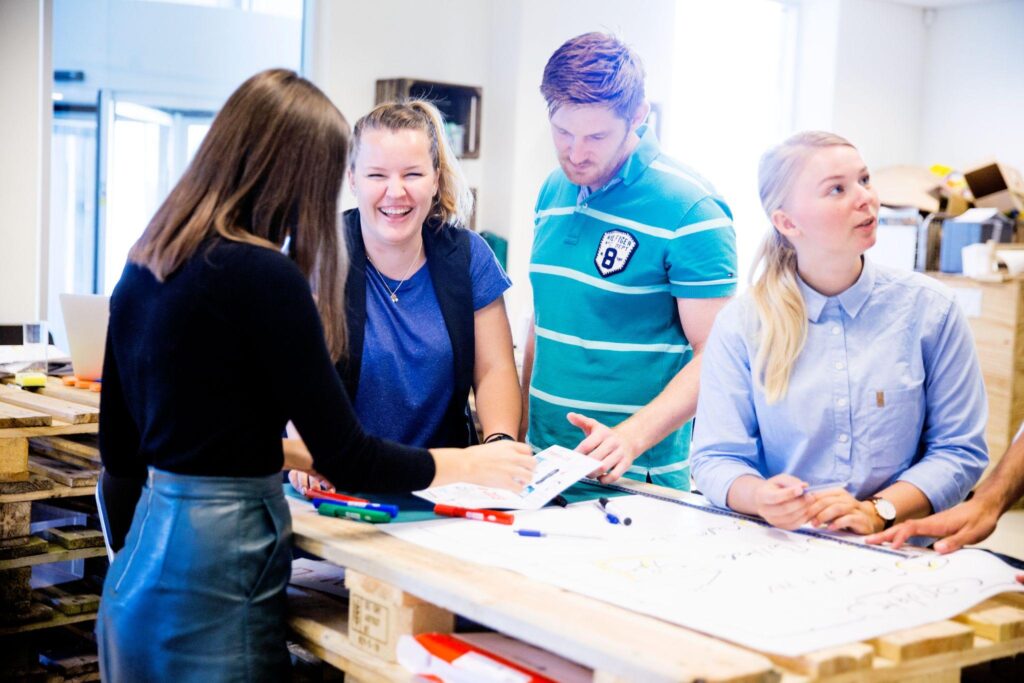


 Kære læser, du er meget velkommen til at dele vores artikler på sociale medier, linke eller referere til artikler eller content på TechSavvy.media. Men ønsker du helt eller delvist at kopiere indhold fra sitet må det kun ske efter aftale med vores redaktion på editorial@techsavvy.media.
Kære læser, du er meget velkommen til at dele vores artikler på sociale medier, linke eller referere til artikler eller content på TechSavvy.media. Men ønsker du helt eller delvist at kopiere indhold fra sitet må det kun ske efter aftale med vores redaktion på editorial@techsavvy.media.
 Kære læser, du er meget velkommen til at dele vores artikler på sociale medier, linke eller referere til artikler eller content på TechSavvy.media. Men ønsker du helt eller delvist at kopiere indhold fra sitet må det kun ske efter aftale med vores redaktion på editorial@techsavvy.media.
Kære læser, du er meget velkommen til at dele vores artikler på sociale medier, linke eller referere til artikler eller content på TechSavvy.media. Men ønsker du helt eller delvist at kopiere indhold fra sitet må det kun ske efter aftale med vores redaktion på editorial@techsavvy.media.